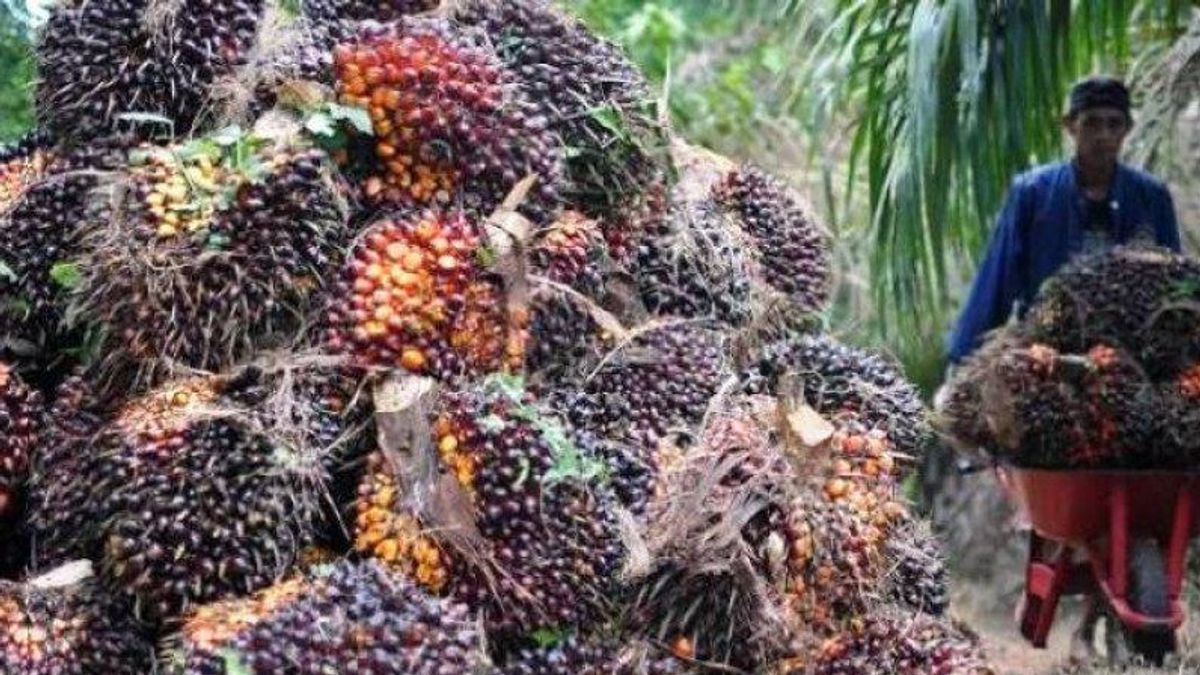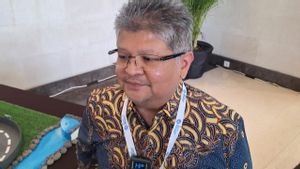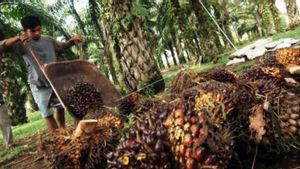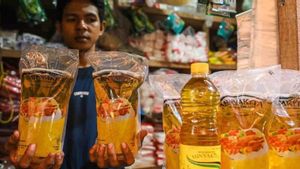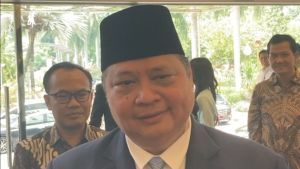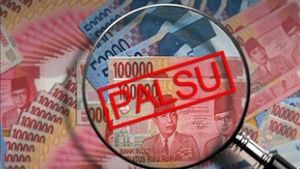JAKARTA - The Ministry of Industry (Kemenperin) estimates that by the end of 2024, the export of the national palm oil industry will be able to reach IDR 775 trillion. As is known, this sector contributed to the national GDP by 3.5 percent, and from total non-oil and gas exports the industry contributed 11.6 percent or IDR 450 trillion throughout 2023.
"The value of the industrial economy reaches IDR 193 trillion in the second quarter of 2024, and is projected to reach IDR 775 trillion by the end of this year," said Director General of Agro Industry at the Ministry of Industry Putu Juli Ardika in a written statement, quoted Thursday, November 21.
Putu said that the contribution of palm oil dominates the performance of the Indonesian economy for the last two decades. Palm oil has been used to meet food needs, non-food and renewable fuel.
It is even a leading export commodity to create foreign exchange from exports of products with high added value.
"The achievement of the downstream program of the palm oil industry can be seen from two indicators, namely various downstream products and the export ratio of raw materials with downstream products," he said.
He added that various types of downstream palm products were increasing significantly. In 2010 there were only 54 types, increasing to 193 types in 2023. Meanwhile, the export ratio of raw materials and downstream palm products has also increased.
As for 2010, the ratio was 40 percent and 60 percent (of raw materials and downstream palm products) increased drastically to 7 percent and 93 percent in 2023. "This indicates that downstream policy is going well," said Putu.
According to Putu, the broad impact provided by the palm oil processing industry in Indonesia, among others, can be seen from the absorption of direct and indirect labor as many as 17 million people. He assessed that the palm oil processing industry has created new economic growth centers, especially outside Java, such as Sumatra, Kalimantan and other regions in eastern Indonesia.
SEE ALSO:
"The current growth of new palm oil-based industrial centers outside Java includes Dumai (Riau), Sei Mangkei (North Sumatra), Tarjun (South Kalimantan), West Kotawaringin (Central Kalimantan), Bitung (North Sulawesi) and Balikpapan (East Kalimantan). This also means growing agglomeration or a new palm-based industrial area," he said.
Furthermore, said Putu, the growth of the palm oil processing industry has been able to drive productive business activities, especially in the outermost, underdeveloped and remote areas (3T).
"So, it also maintains economic sovereignty, especially related to import and territorial substitutions at state borders," he concluded.
The English, Chinese, Japanese, Arabic, and French versions are automatically generated by the AI. So there may still be inaccuracies in translating, please always see Indonesian as our main language. (system supported by DigitalSiber.id)
